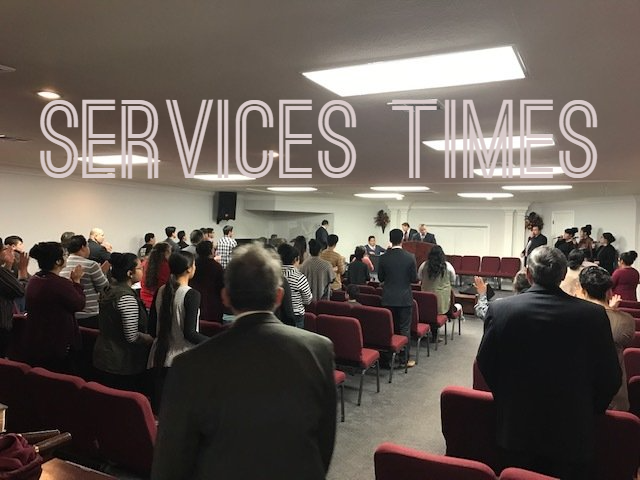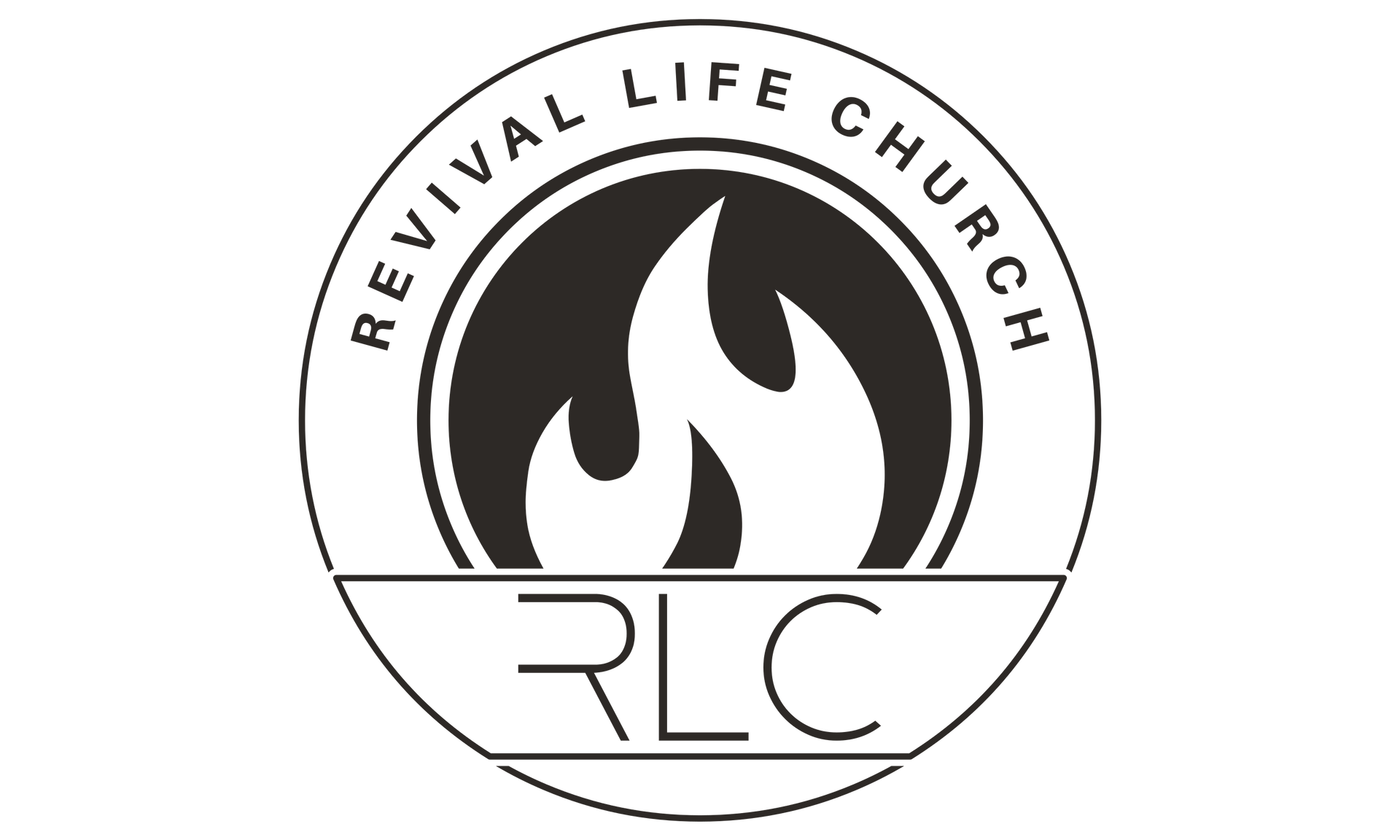Embrace the Spirit-Filled Christian Revival Life You Were Meant to Live
Discover the power of faith, renewal, and purpose at Revival Life Church in Clovis, CA. Start living the authentic Christian Revival Life you were created for—filled with hope, healing, and spiritual transformation.
Become A Member
ONLINE GIVING RLC
Pastor & Sis. Sosa
Welcome to Clovis Tabernacle / Revival Life Church – A Family-Focused Christian Church in Clovis, CA
At Clovis Tabernacle / Revival Life Church, we are a welcoming, family-centered church in Clovis, California, committed to transforming lives and strengthening our community through faith, love, and outreach. Whether you're seeking a vibrant place of worship, a supportive spiritual home for your family, or meaningful connections, our church is here for you.
Join us for any of our worship services and experience a spirit-filled atmosphere where individuals and families grow in Christ together. Everyone is welcome at Clovis Tabernacle – come as you are and discover a church that feels like home.
Let’s Talk
Do you want to do more, be more, accomplish more, but don't know where to begin? Let's work together and walk as Jesus walked.
Don't wait another moment. The time is now. The person is you. Take the step and start living.
Contact Us
Testimonials
Blog

Only once in my life have I experienced a moment of near-perfect poetry. That is not to say that my life lacks literary integrity. A brief overview of many moments of my life will bring to one's mind a sense of tragedy, or more likely, comedy, though never a romance. But the experience of a hot, summer day at the beach has topped every moment before and since as the most poetic — or perhaps it was a parody? It was a moment in which I nearly experienced a scene of a Homeric epic, and to assure you, gentle reader, I was not Thersites receiving blows from a scepter as a rebuke from Odysseus, though some who know me would think that that is most fitting (a reason why this blog is anonymous). Rather, I was more like Telemachus, Odysseus' son, if not in form — since my shape resembles more of that art of the East (think Buddha) rather than those of Greek art — at least in experience. It would have been a seemingly normal, hot summer day at the beach, but it was not. I was at the beach of Pylos, that very beach whose beauty stumped Homer's poetic genius to which he could only describe as “sandy”. I was lying and reading Herodotus’ Histories. And as I was gripped by the development of Greek democracy, an old, Greek man came to me to see what I was reading. And with his broken English and my broken Greek we began a conversation that neither one of us quite understood. What I did learn was that he was imparting wisdom, both ancient and modern. The ancient Greeks and the Hebrews had much to teach, especially to us younger generations — would that we would listen! I did listen, but, sadly, I did not quite understand. We spoke for about two hours and it was not until later that evening — after a joke from my mentor — that I realized that I was listening to a long speech from an old man at Pylos much like Telemachus listened to Nestor there, too. Indeed, my academic mentor made it a point that I and others got to that beach, like Mentor had Telemachus do. The only strange-fitting piece of the poetic moment was that I was reading Herodotus, not Homer. Still ἔργα μεγάλα (great deeds, what Herodotus concerned himself with) though not quite κλέα ἀνδρῶν (glory of men, the subject of epic poetry), was the theme of my reading. The Odyssey, in a roundabout way, has had a strange, personal hold on me. The parallels do not stop at my day at the beach and Telemachus’ journey to Nestor’s Pylos. There is a deeper connection with Odysseus’ nostos, his homecoming, and my own. Odysseus, and his fellow Achaeans strove to attain eternal glory, kleos. For Achilles, it was in battle; if he was to attain kleos, it was at the expense of his nostos, since he was fated to either die in battle attaining eternal glory, or to live a long life in obscurity. For Odysseus, if he was to attain his nostos by returning home to Ithaka, it was to restore his kleos, since his entrapment by Calypso would have never allowed him to tell others of his adventures and feats. And here comes the reason behind the blog’s name, Ithakade, Greek for Ithaka-bound. Ithaka functions as a metaphor. Like Odysseus, the glory to come (a modern, Christian metaphor for Heaven) is tied to my making it to my home (another metaphor for Heaven), my Ithaka. Ithaka also functions as a metaphor for the journey, at least in C.P. Cavafy’s reckoning (read his poem here). For Cavafy, the journey, not the homecoming, is what is important. We as Christians fashion ourselves as pilgrims, and see the journey towards our home as formative. Our struggle, persecution and achievements are all for the glory of God, but we also relish in them at our final stage. Ithakade, therefore, is a two-fold metaphor for our future hope to be home with our God, and the journey to that home. This blog is dedicated to those things we experience on the road, and to the hope we have in the future. , click on it and delete this default text and start typing your own or paste your own from a different source.
ACTS 2:38
